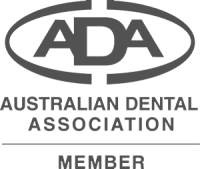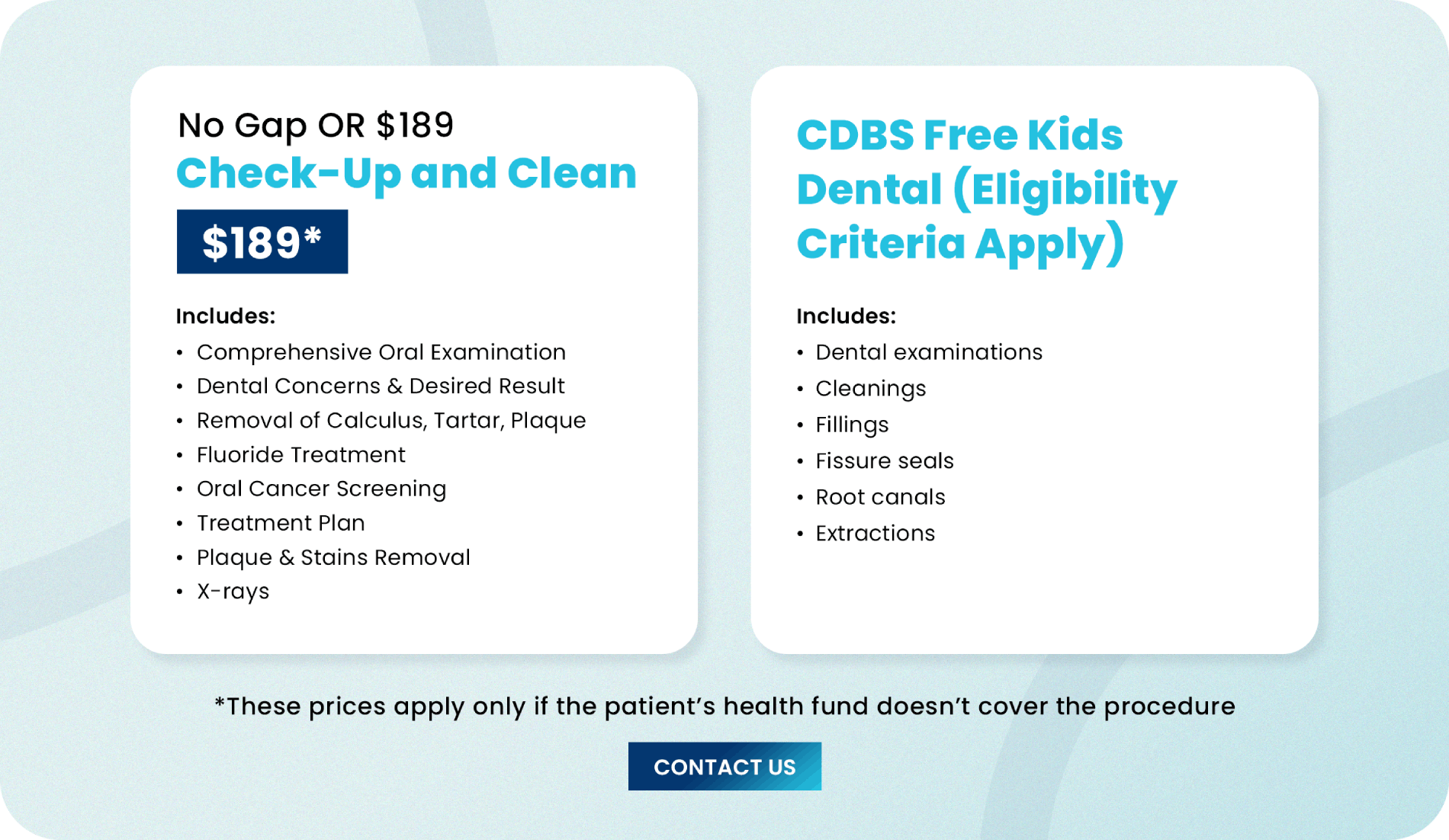Can Bad Oral Hygiene Cause Oral Cancer?
It’s common knowledge that practicing proper dental hygiene has advantages. Ignoring this could cause major illnesses like oral cancer in addition to minor issues in the near future. This is true! Poor oral hygiene has been linked to an increased risk of oral cancer. In this article, we discuss the same in detail, so read on!
Oral Cancer: Definition
Unexpected growth of cells is linked to oral cancer. This can happen in the mouth, on the lips, or on the neck, among other areas. This is what we call Oropharyngeal cancer.
Oral cancer symptoms may include:
– Persistent mouth ulcers
– Red or white patches in mouth
– Swelling or lumps in mouth
– Difficulty chewing or swallowing
– Sore throat or feeling of something caught
– Pain or numbness in mouth
– Loose teeth or ill-fitting dentures
– Changes in voice or speech
– Ear pain
– Unexplained weight loss
– Mouth bleeding
Recent studies have made it evident there is a link between poor dental hygiene and oral cancer. It is most common in people with bad dental habits. Book an appointment with us to find out more.
Importance of Good Oral Hygiene Practices
Reducing the risk of oral cancer requires maintaining a regular oral hygiene practice. Some of the most recommended practices includes:
– Using Fluoride toothpaste on a regular basis
– Going to dental checkups on schedule
– Reducing the amount of teeth that are missing
– It is also imperative to quit smoking
– Refrain from chewing tobacco
– Limit consumption of alcohol
– Consume nutritious diet high in fruits and vegetables

Preventive Dental Care
In order to prevent and diagnose oral cancer, professional dental care is essential. Book Patient-centered Care appointments with us today. In addition to giving patients important information on maintaining optimum oral health and lowering their cancer risk, dental practitioners are educated to recognize early indicators of oral cancer during routine check-ups.
Conclusion
There are several long-term effects of poor oral hygiene, one of which being a higher risk of developing oral cancer. Regular dental appointments, good oral hygiene habits, and taking care of identified risk factors are proactive measures that people may do to protect their oral and general health.
FAQs
What are the key components of a good oral hygiene routine?
A good oral hygiene routine includes:
– Brushing teeth at least twice a day with fluoride toothpaste
– Flossing daily to remove plaque and food particles between teeth
– Using mouthwash to rinse away bacteria
– Visiting the dentist regularly for check-ups and cleanings.
How is oral cancer diagnosed?
The diagnosis involves a thorough examination of the mouth and throat, including physical examination, biopsy of suspicious areas, imaging tests such as X-rays or MRI, and possibly blood tests.
What are the treatment options for oral cancer?
Treatment may involve surgery to remove the cancerous tissue, radiation therapy, chemotherapy, targeted therapy, or a combination of these approaches. The specific treatment plan depends on the stage and location of the cancer.
Are there special oral hygiene considerations for children?
Yes, children should start practicing good oral hygiene habits early, including brushing with fluoride toothpaste as soon as the first tooth appears, using a soft-bristled toothbrush, and scheduling regular dental check-ups.
















